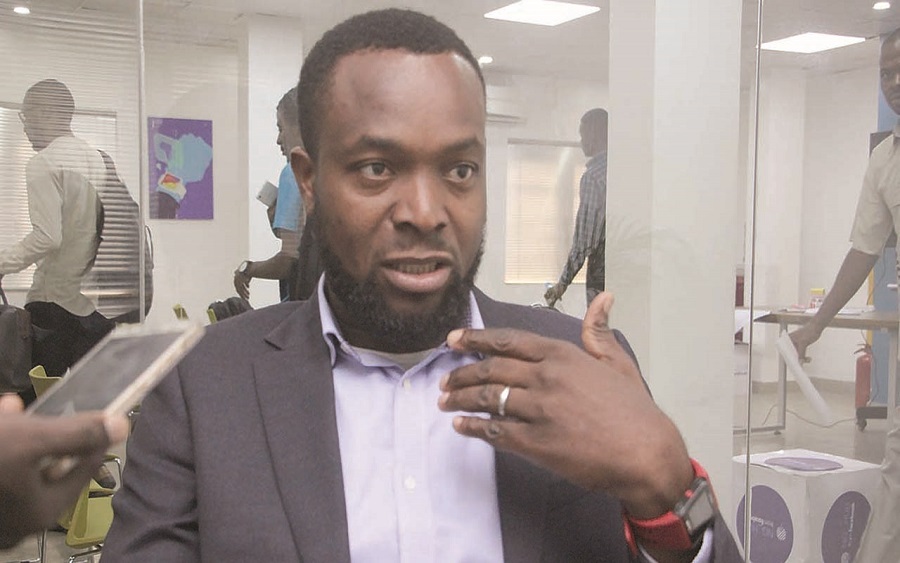Nigerian technology innovation centre, Co-creation Hub (CcHUB) has announced the acquisition of one of East Africa’s biggest technology centres, iHub located in Kenya.
The acquisition was announced by the co-founder of CcHUB, Bosun Tijani.
Although the cost of the acquisition remains undisclosed, CcHub and iHub will come under one management as it is a full acquisition.
[READ MORE: Facebook acquires tech startup]
Tijani said that CcHub would finance the deal out of its real-estate project to build a new 10 storey innovation centre to replace its Herbert Macaulay Way building in Lagos.
What you should know: The acquisition joins two of Africa’s most recognised tech hubs. Their innovation spaces, accelerators, and incubators have become focal points for startup formation, training, and IT activity on the continent.
This acquisition by CcHub is coming about seven months after the company expanded into Kigali, Rwanda as Nairametrics previously reported. The hub was said to have launched its Design Lab which is a creative space in Africa focusing solely on product design and technology innovation.
More details: Tijani stated that iHub would remain iHub and continue to do what they do. However, with the acquisition, Tijani becomes CEO of both organisations, while the Managing Director of iHub, Nekesa Were retains her position.
According to Tijani, iHub’s existing programmes would remain the same but CcHub would use the Kenya hub addition to extend its footprints in education, healthcare, and governance in Kenya. This sums up Cchub’s access to three countries – Nigeria, Kenya, and Rwanda.
[READ ALSO: With $1 million, a delivery startup could acquire Trans-Nationwide Express Plc]
About CcHUB: CcHub was launched in 2011 and is Africa’s first open living lab and pre-incubation space with a community of over 14,000 people. It has provided support to a portfolio of over 120 early-stage ventures, providing solutions to social problems with technology including Lifebank, Riby, BudgIT and WeCyclers.
About iHub: iHub was launched in 2010. The hub has seen over 500 companies receive business support services, 100+ of which have gone through incubation and accelerator programs.













It’s great to see Nigerian businesses doing well not just locally, but internationally too